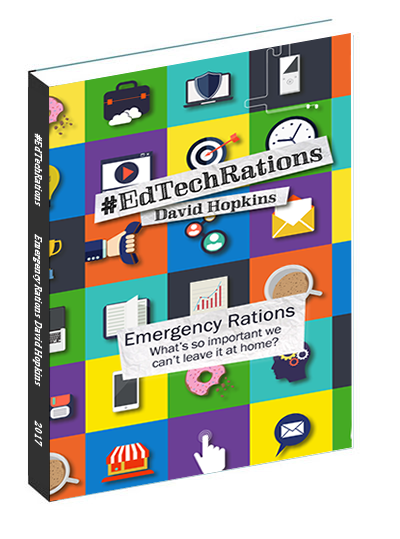As we get more connected, do we lose focus?

How Internet addiction is affecting our brain / Infographic
From the infographic above, “How Internet addiction is affecting our brain”, some of the figures are interesting – “is it a coincidence: as we get more connected, we seem to lose focus?”
- Internet Addiction Disorder (IAD) is a recognised psychological diagnosis in China, Taiwan, and Korea, and expected to be listed in the US next year (and what of the UK?)
- IAD will be added to the DSM-V (bible of psychology: Diagnostic and Statistical Manual of Mental Disorders, 5th ed.) with a definition of “preoccupation with the Internet or Internet Gaming” and “Use of Internet to improve or escape dysphoric mood”).
- Internet ‘addicts’ have 10-20% smaller brain areas responsible for speech, memory, motor control, emotion, sensory input, and other information = brain atrophy.
Being totally open here how many of us have noticed some of the above traits? I have – in recent months I am aware that my memory isn’t as quick as it used to be, I often find myself hunting for the simple word or two that is on the tip of my tongue. I have just put it down to working too hard, being over-tired (I do have two young children, that’s my excuse), being stressed, etc., but perhaps it’s more than that. Perhaps I’m online too much (and here I am thinking “get off this blog post and go to do something more important instead! Anyone in the UK remember “Why Don’t You?” will remember the theme tune) and perhaps I need to go and find something to do that doesn’t include PC, tablet, phone, Internet, eBook, power lead, etc?
And what of the students? If we start to bring more and more online and social tools and networks into our ‘toolbox’ are we encouraging this kind of degraded ability to think and work? Do we need to consider how (and why) we introduce tools and computer systems to the students if they do or don’t “have” to have them, or do we take the view that as they’re more than likely online anyway we can make the most of that time and direct it properly into academic endeavours?
The BBC commented on the ‘web addicts’ research in that web addicts have “brain changes similar to those hooked on drugs or alcohol” (mind you, this research is based on a group of 35 students – not exactly comprehensive cohort?). This is not something that will go away, research will continue and what will we find?


















Very good article, I would like to share an article I published, under the title “Teenage Digital and Internet risks”
http://juanmoisesdelaserna.es/psicologia/adolescente-digital-riesgos-de-internet/